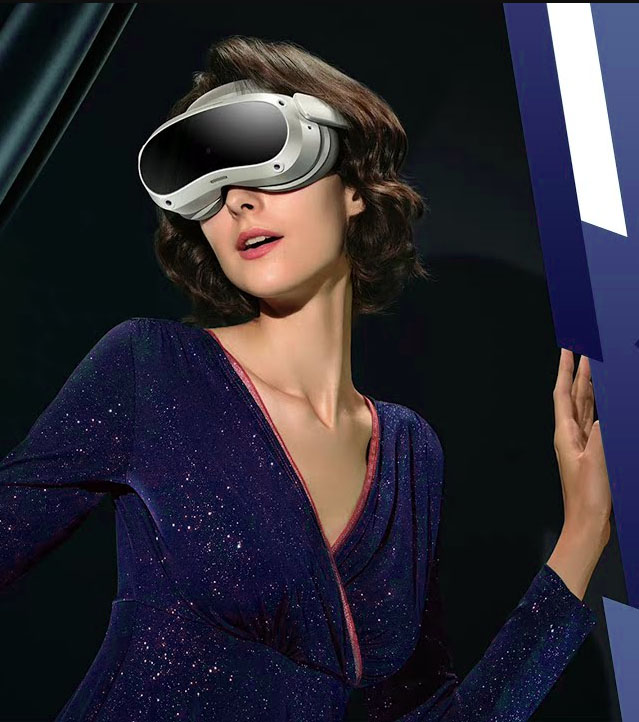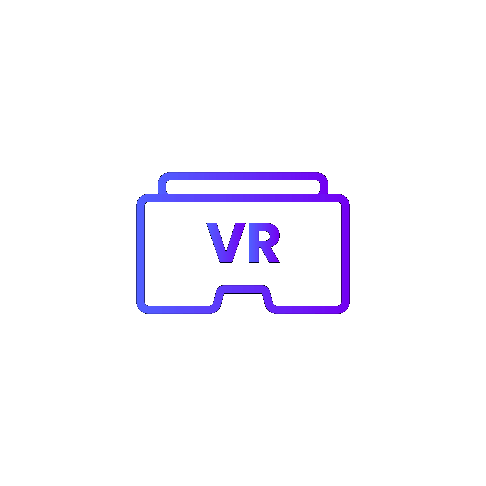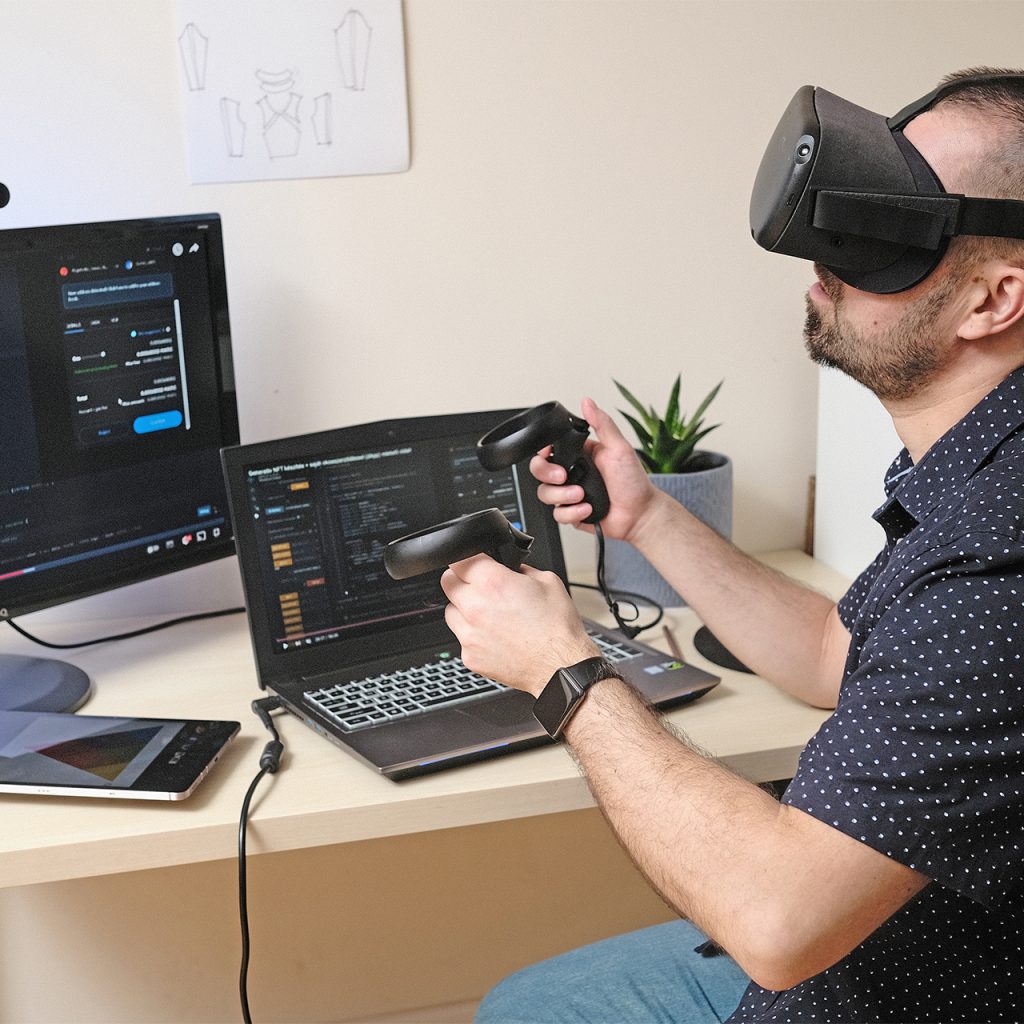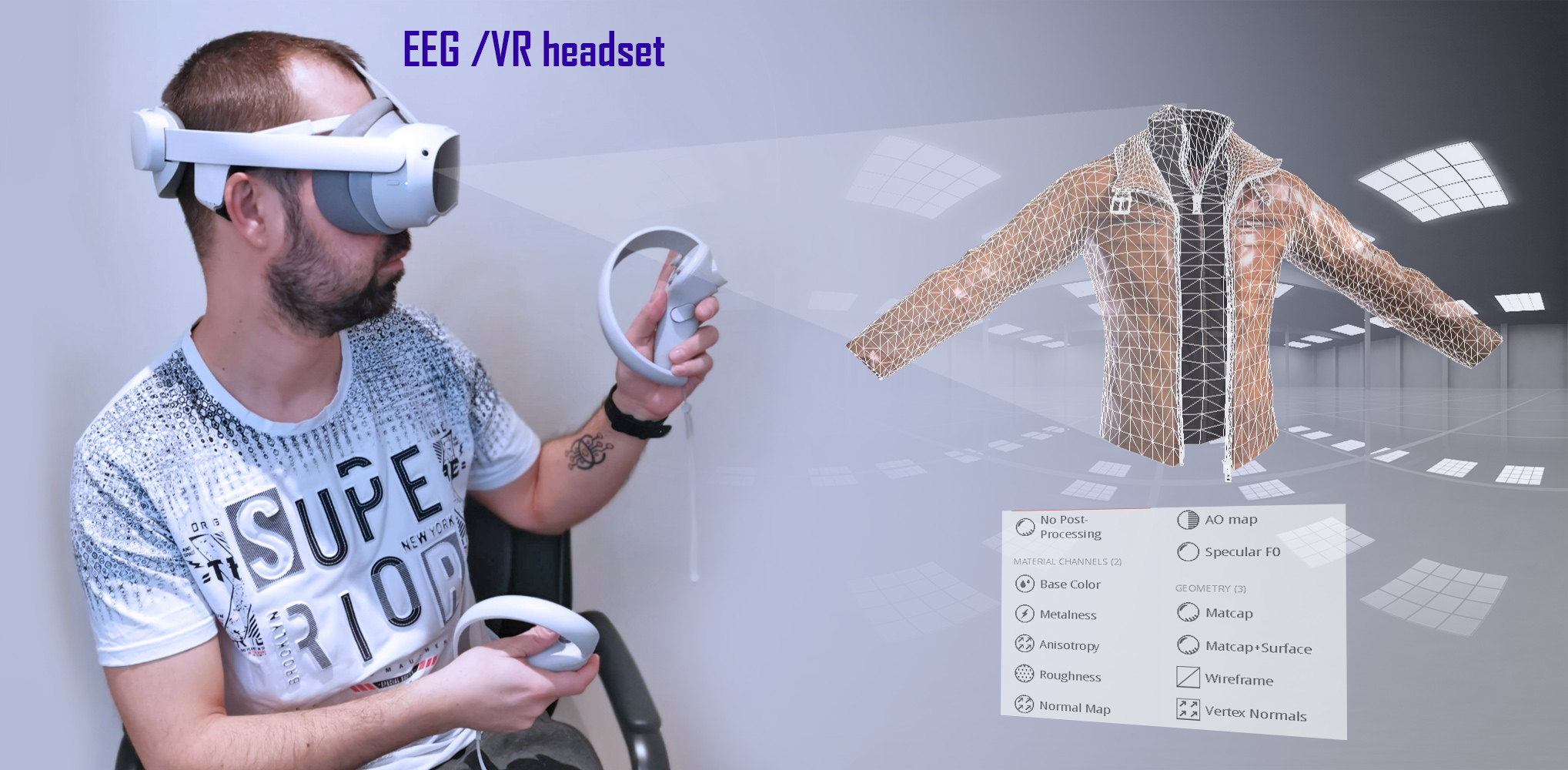
The web is rapidly evolving from flat 2D screens to immersive 3D digital spaces, driven by technological advancements and utilizing spatial computing for intuitive daily web interaction. Users are gaining access to the Spatial Web for activities such as web shopping, gaming, and virtual meetings. This evolution creates new opportunities and threats in user interaction, fundamentally altering how we access information and engage with online spaces. As the boundaries between physical and digital realities blur, the web adapts, offering users more enriching and engaging experiences. Additionally, the COVID-19 pandemic has accelerated the adoption of immersive technologies. Over the past three years, digitalization has introduced technologies that blend the physical and digital worlds, marking a new era of rapid development leading to Web 3.0. Emerging technologies such as Artificial Intelligence, Blockchain, 5G, and XR are integral to this era. While the full realization of the Web 3.0 is pending, blockchain will play crucial roles in a safer Spatial Web, as many envision.





